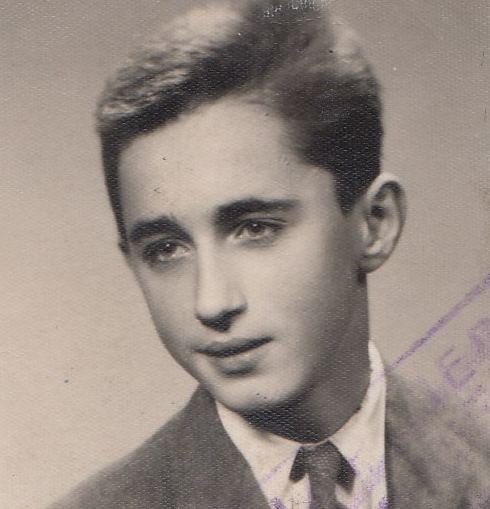My father was telling me: Remember they are Czech, and just shoot into the air if your survival wouldn´t depend on it

Stáhnout obrázek
Tomáš Plichta was born on January 4th of 1947 in Uherské Hradiště to Stanislav and Marie né Nesrstová. He and his three brothers were growing up in a family involved in bakery business started by his grandfather who came to Napajedla from Třebíčsko in 1905. In 1953, as Tomáš was six years old, his father had to give up his business. After that, he was employed at bakeries at Otrokovice and Prštné. Also, the family sustained itself by growing vegetables as they had a large garden in Napajedla. After completing the elementary education, he had been serving his apprenticeship in Fatra Napajedla becoming an electromechanical technician. Since his early age he was an avid football player. In 1966, he began his compulsory military service in Brno-Řečkovice. After being trained as a signaller, he replaced another soldier in National air defence unit, where he served as an operator and later as so-called “reader”. Shortly before the 1968 Warsaw Pact invasion, he spent several months of his mandatory service in the Soviet Union. After leaving the army in September 1968, he resumed his job at Fatra Napajedla enterprise where he had been working in the measuring machinery department since completing his apprenticeship. In 1990, he left Fatra and began working as a councillor at the Napajedla Town Hall. He spent sixteen years in politics – six years as the major of Napajedla. Today, he is a retiree.









